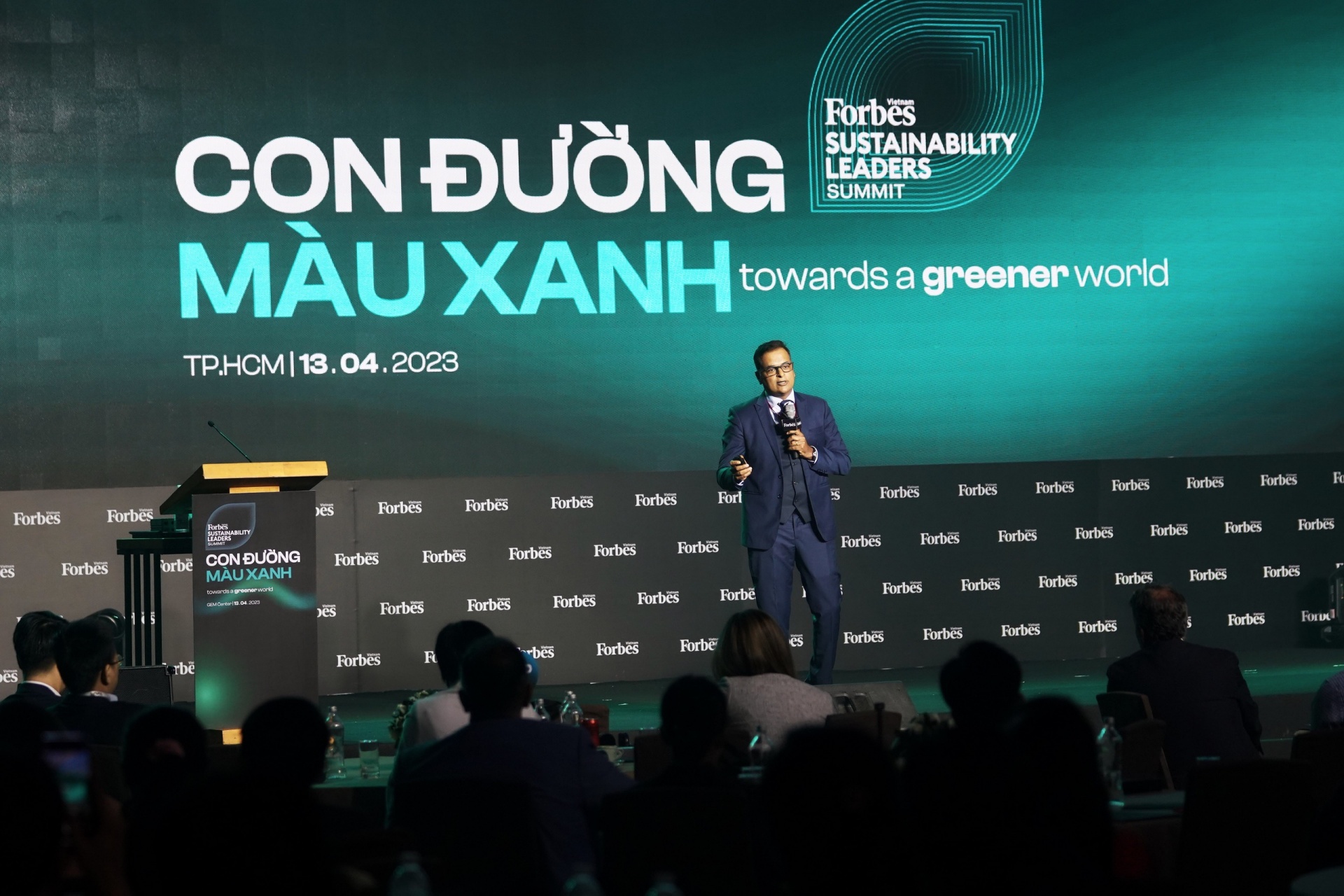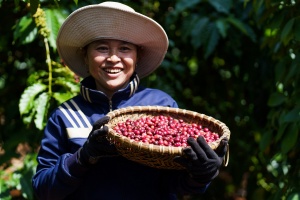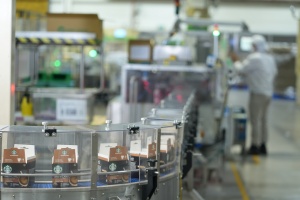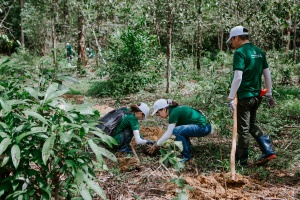Nestlé Vietnam promotes the circular economy model
 |
To solve this problem, Jacob said, "It is necessary to move from a linear economic model that exploits natural resources to produce products to sell to consumers, and disposes of waste straight into the environment, to a circular economy where production, consumption, and recycling models aim to increase the life cycle of products. This move will help reduce resource exploitation and environmental pollution."
Jacob believes that the business sector should pioneer this transition to ensure sustainable development, limit the impact on the environment, meet consumer expectations, and comply with environmental regulations.
According to a 2022 survey by consulting firm Bain on environmental, social, and corporate governance in the Asia-Pacific region, consumers in developing countries, such as Vietnam, the Philippines, and Indonesia, have expressed more concern over environmental and social problems than those in developed countries, such as Australia, Japan, and Korea. Most notably, consumers in Vietnam topped the list in terms of wanting businesses to play a leading role in the transformation process for sustainable development. The survey results are based on the opinions of nearly 17,000 people in 11 countries.
To successfully transition to a circular economy, it is necessary to ensure three principles. These are, changing a product's design to eliminate waste and pollution; increasing the life cycle of products and materials; and regenerating natural ecosystems. The model should include the promotion of responsible consumption and waste management to produce valuable raw materials through reuse and recycling, resulting in minimal or zero-waste production. Among the many stages of a product's life cycle, design plays a crucial role, as it can help reduce waste long before the product reaches the consumer.
Currently, many businesses around the world have been gradually transferring to a circular economy model. Nestlé is one of the pioneers in Vietnam with initiatives that help reduce emissions and protect resources. In particular, the company has made some design improvements to eliminate unnecessary packaging, reduce the use of virgin plastic, and replace it with environmentally friendly materials. These initiatives have helped the company reduce nearly 2,500 tons of plastic packaging in the past two years. Approximately 94 per cent of Nestlé's product packaging is currently designed with recyclable and reusable materials.
The company has adopted recycled PE plastic for NESCAFÉ product packaging and switched from single-use plastic straws to paper straws for all ready-to-drink products. The paper straws are certified as coming from sustainable forest management sources. Nestlé Vietnam also aims to use large, single-layer packaging to make recycling easier.
The circular economy model has helped Nestlé Vietnam's factories achieve the goal of 'zero waste-to-landfill' since 2015. The company has stepped up its collection and classification activities, as well as the recycling and reuse of waste.
Currently, 100 per cent of Nestlé Vietnam's coffee grounds are reused as biomass materials, helping to reduce gas consumption and CO2 emissions. Non-hazardous waste sludge from production activities is also treated to produce fertiliser. Waste sand from boilers is supplied to local brick manufacturers for construction projects.
As consumers welcome products produced under the circular economy, this will create the driving force for businesses to continue their transformation. Therefore, Nestlé Vietnam is conducting many communication activities aimed at raising awareness and changing consumer behaviour.
In addition, according to Jacob, multi-party cooperation is the key to the success of the circular economy model. Accordingly, La Vie Company, a member of the Nestlé Group in Vietnam, has been supporting domestic enterprises to collect and recycle plastic bottles. Nestlé Vietnam and La Vie are also founding members of the Vietnam Packaging Recycling Alliance, which brings together all the major companies in the consumer goods, retail, and packaging sectors to facilitate waste collection and recycling in a more accessible, sustainable way.
 | Nestlé recognised in Bloomberg Gender-Equality Index 2023 With its efforts to promote gender equality within the workplace and supply chain, Nestlé has been recognised in the 2023 Bloomberg Gender-Equality Index (GEI) for the fifth consecutive year. |
 | Nestlé boosts exports of high-value products made in Vietnam Nestlé Vietnam continues to strengthen production and diversify export products to help Vietnam become a centre of global food and beverage (F&B) supply. The company expects its export activities to achieve double-digit growth in 2023. |
 | Nestlé recognised for efforts to protect forests According to Global Canopy’s “Forest 500” report, Nestlé is ranked as one of the Top 3 businesses with a strong commitment to minimising the risks of deforestation. |
What the stars mean:
★ Poor ★ ★ Promising ★★★ Good ★★★★ Very good ★★★★★ Exceptional
 Tag:
Tag:
Related Contents
Latest News
More News
- Trung Nam-Sideros River consortium wins bid for LNG venture (January 30, 2026 | 11:16)
- Vietnam moves towards market-based fuel management with E10 rollout (January 30, 2026 | 11:10)
- Envision Energy, REE Group partner on 128MW wind projects (January 30, 2026 | 10:58)
- Vingroup consults on carbon credits for electric vehicle charging network (January 28, 2026 | 11:04)
- Bac Ai Pumped Storage Hydropower Plant to enter peak construction phase (January 27, 2026 | 08:00)
- ASEAN could scale up sustainable aviation fuel by 2050 (January 24, 2026 | 10:19)
- 64,000 hectares of sea allocated for offshore wind surveys (January 22, 2026 | 20:23)
- EVN secures financing for Quang Trach II LNG power plant (January 17, 2026 | 15:55)
- PC1 teams up with DENZAI on regional wind projects (January 16, 2026 | 21:18)
- Innovation and ESG practices drive green transition in the digital era (January 16, 2026 | 16:51)






















 Mobile Version
Mobile Version